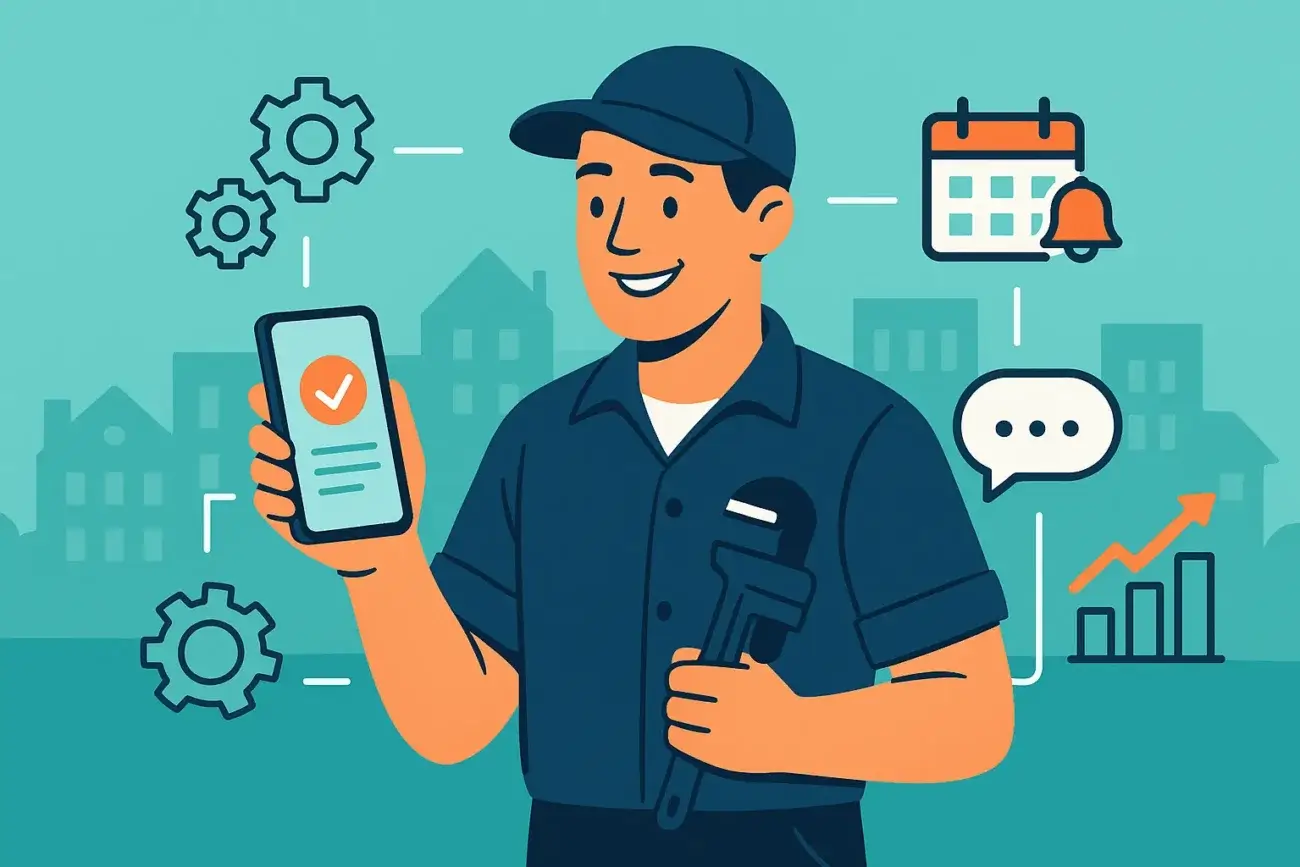Introduction
Imagine waking up to a full calendar of booked appointments, while your competitors are still juggling spreadsheets and phone calls. That’s exactly what happened when I helped a local landscaping company implement marketing automation. In this post, Boost Your Local Service Business with Marketing Automation, we’ll explore proven strategies—backed by research—to transform how you attract, engage, and retain customers.
The Manual vs. Automated Marketing Showdown
| Aspect | Manual Process | Automated Marketing |
|---|---|---|
| Lead Response Time | Hours to days | < 1 hour |
| Customer Segmentation | Generic lists | Dynamic, behavior-based lists |
| Campaign Consistency | Prone to human error | Scheduled & triggered workflows |
| ROI | Hard to track & attribute | $5.44 return for every $1 spent |
| Staff Productivity | Time wasted on repetitive tasks | 14.5% boost in sales productivity |
Key Insights & Benefits
1. Accelerated Growth & ROI
Marketing automation isn’t a luxury—it’s a growth engine. Companies recover their investment in under six months and see an average $5.44 return on every dollar spent. Salesforce data suggests automation can drive a 34% revenue uplift, making it a game-changer for cash-strapped local businesses.
2. Enhanced Productivity & Efficiency
By automating repetitive tasks—email sends, follow-ups, appointment reminders—your team reclaims hundreds of hours annually. In fact, 91% of marketers report automation helps achieve their objectives, while 14.5% note direct gains in sales productivity.
3. Personalized Customer Journeys
Gone are the days of one-size-fits-all promos. Automated platforms segment customers based on behavior, trigger messages at optimal moments, and nurture prospects seamlessly. This level of personalization can yield 451% more qualified leads, according to industry reports.
4. Quick “AI Quick Wins” for SMEs
A recent study found small companies using AI for day-to-day tasks saw productivity gains of 27–133%. Even if you’re not ready for full AI integration, simple automations—chatbots, review requests, SMS alerts—can unlock immediate value.
Implementation Roadmap
1. Audit Your Current Workflow
- Identify manual touchpoints: lead capture, follow-up emails, appointment reminders.
- Measure response times and conversion rates to set benchmarks.
2. Choose Your Stack
- CRM Integration: Link your customer database to tools like HubSpot, ActiveCampaign, or Zoho CRM for seamless data flow.
- Email & SMS Automation: Platforms like Mailchimp and Klaviyo excel at personalized messaging.
- Social Media Scheduling: Tools such as Buffer or Hootsuite ensure consistent posting.
- Review Management: Automate review requests to Google and Yelp to build social proof.
3. Design Automated Workflows
- Welcome Sequence: Onboarding emails that introduce services and encourage bookings.
- Appointment Reminders: SMS or email nudges 24 hours before service.
- Re-Engagement Funnels: Trigger “We miss you” offers when customers haven’t booked in 90 days.
4. Monitor & Optimize
- Track key metrics: open rates, click-throughs, booking conversions.
- A/B test subject lines, send times, and offers.
- Adjust workflows based on performance data.
Case Study: Local Salon Success
A neighborhood salon implemented an automated email and SMS funnel to re-engage past clients. Within three months, they saw:
- 65% increase in monthly bookings
- 40% higher average spend per client
- 50% reduction in no-shows
This success stemmed from timely reminders, personalized offers, and a loyalty program that ran without manual oversight.
Conclusion
Ready to leave manual marketing behind? Boost Your Local Service Business with Marketing Automation by starting small—pick one process to automate this week. Share your progress in the comments below, explore our our other blogs, or subscribe for more tips. Let’s automate to elevate!
Subscribe to our newsletter.

